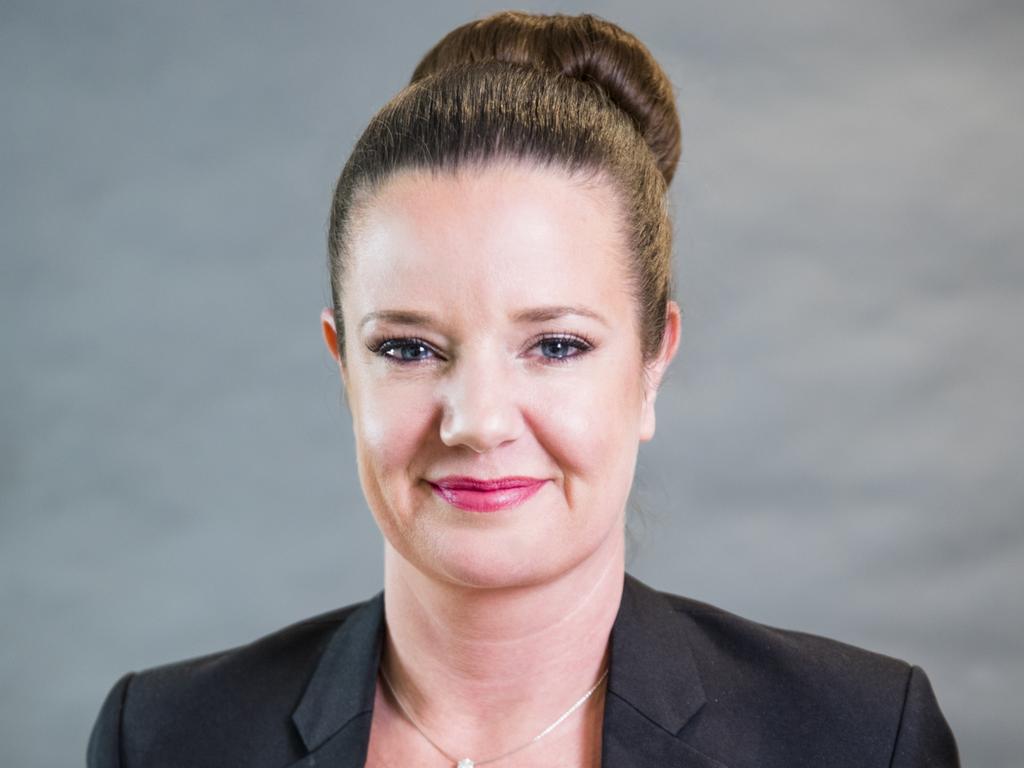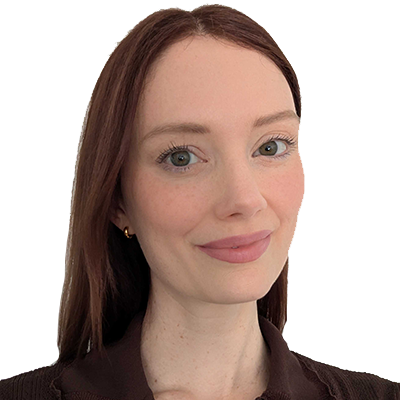How COVID-19 is removing barriers for jobseekers and changing team dynamics
New-found acceptance of remote work is having some surprising knock-on effects, with jobseekers no longer limited to roles in their home town and workers increasingly exposed to a wider range of cultures and languages.
The great work from home experiment of 2020 has not only shown employers that productive remote work is possible but it has opened up roles to broader talent pools as a person’s location becomes redundant.
Jobseekers can broaden their search beyond their home town – and even home country – meanwhile employees increasingly will need to become comfortable working with colleagues from different cultures and language backgrounds.
This week there are about 4600 jobs listed on SEEK with the key words “work remotely” in their position description – led by the information and communication technology sector, with about 930 job ads.

Path to Promotion director and executive recruitment expert Ineke McMahon says she is seeing more employers open up roles to different locations with the idea they will accept remote workers.
“This is particularly true of typical ‘office-based’ roles,” she says.
“We are seeing clients realise that having a person based in the office isn’t as crucial as it once was.
“For jobseekers, this means that they can widen their scope of where they will search for jobs, perhaps not just interstate but also overseas.
“For employers, this means that they can now have access to a potentially global talent pool.”
McMahon predicts some roles that were previously based in Australia will also be outsourced internationally as companies realise the feasibility of a remote workforce.
“It means that Australians will have to become more used to working with colleagues with diverse cultural and language backgrounds,” she says.
“The most important advice is to be patient and understanding and to be respectful of each others’ differences.”

Longtail UX co-founder and chief executive Andreas Dzumla says his software start-up is an example of a company that has benefited from cultural diversity within its team.
The 30 staff in the Australian office represent 16 different countries.
Dzumla, who is German, says the cultural mix was not planned but “just happened” and although Australian-born workers have been helpful when dealing with clients because they can “speak the language and talk about cricket”, diversity has made everyone stronger communicators.
“It’s almost easier to work in a multicultural environment because you have to be more aware of what you say and how you say it,” he says.
“Once you work with international customers or teams, you realise you have to communicate more consciously.”

Longtail UX senior front-end developer Shri Yalsangi, who speaks four Indian languages as well as English, has been with the organisation for four years and loves working in a multicultural environment.
“You can learn new words in other languages, like my French, Spanish and Japanese colleagues teach me a few words in their respective languages, and I teach them back a few words in Hindi,” she says.
“I think it offers a window to learn about other cultures and ideas.
“It is fantastic the way colleagues find different ways to express themselves, mixing languages and gestures.
“We also get to enjoy a more diverse assortment of delectable treats.”
Yalsangi says language barriers and time zones can be a challenge, though.
“Even in an office where everyone speaks English, comprehending a range of accents, or understanding a native-speaker’s use of idioms, can be difficult,” she says.
“Also I think we just have to be flexible to keep ourselves available in different time zones to meet the team over video.”
READ MORE EMPLOYMENT NEWS IN THE CAREERS SECTION IN SATURDAY’S THE COURIER-MAIL, THE HERALD SUN, THE ADVERTISER AND THE DAILY TELEGRAPH.



